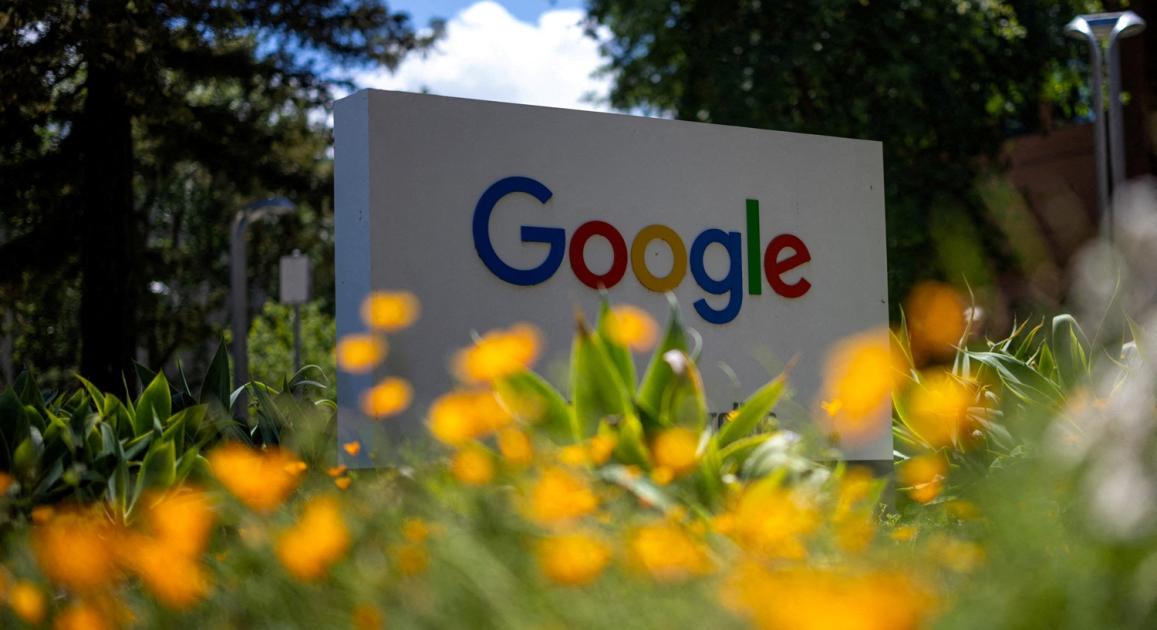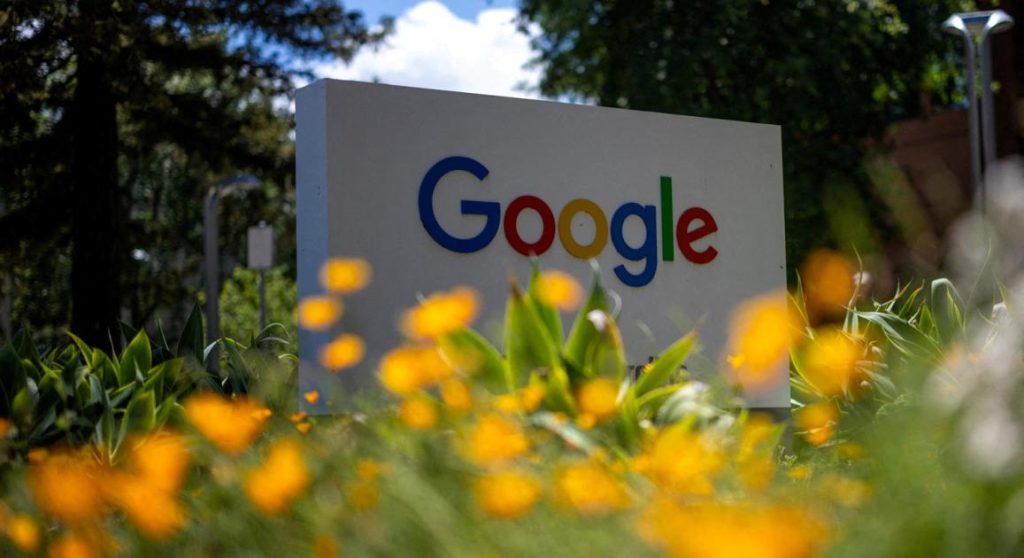An American judge on Tuesday rejected the Trump administration’s request to force Google to sell its Chrome browser, following the tech giant’s conviction for monopolizing the online search market.
In this lawsuit, the US Department of Justice accused Google of maintaining its monopoly illegally through exclusive distribution agreements, notably with Apple, worth billions of dollars annually.
A federal judge ordered the restructuring of Google’s search engine as part of a strict campaign aimed at curbing the harmful influence of illegal monopoly and blocking the US government’s attempt to break up the company and impose other restrictions.
The 226-page decision, issued by US District Judge Amit Mehta in Washington, D.C., is expected to have a wide impact on the tech landscape, at a time when developments in artificial intelligence are reshaping the industry, including interactive “answer engines,” with companies like ChatGPT and Perplexity seeking to overturn Google’s established position as the main internet gateway.
Innovations and competition sparked by generative AI, or “GenAI,” have reshaped the judge’s approach to remedies in the nearly five-year-old antitrust case. Mehta wrote: “Unlike typical cases where the court’s task is to resolve disputes based on historical facts, the court here is asked to look to the future. This is not within the judge’s expertise.”
The judge tries to rein in Google by banning some tactics the company used to attract traffic to its search engine and other services.
However, Mehta did not go as far as banning the multi-billion dollar deals Google has made for years to set its search engine as the default on smartphones, PCs, and other devices. These deals, involving payments exceeding $26 billion annually, were a key factor leading the judge to conclude Google’s search engine constitutes an illegal monopoly, but he decided that banning them going forward would do more harm than good. Partly because it allows the continuation of default search deals, Mehta orders Google to give its current and potential competitors access to some of its search engine secrets — data stored from trillions of searches used to improve search result quality.
The judge also rejected the US Department of Justice’s efforts to force Google to sell its popular Chrome browser, considering it an unjustified step that “would be extremely chaotic and risky.”
Allowing default search deals to continue is more than just a victory for Google. It is also a matter Apple, which receives over $20 billion annually from Google, and other payment beneficiaries urged Mehta to preserve.
In earlier hearings this year, Apple warned the judge that banning the contracts would deprive the company of funds allocated to its innovative research. The Cupertino, California-based company also warned that the ban could inadvertently strengthen Google’s influence by saving money it was spending on deals, while most consumers would ultimately turn to Google’s search engine.
Others, such as the owners of the Firefox search engine, confirmed that losing Google contracts would threaten their future survival by depriving them of essential revenue.














Recommended for you
Exhibition City Completes About 80% of Preparations for the Damascus International Fair Launch
Talib Al-Rifai Chronicles Kuwaiti Art Heritage in "Doukhi.. Tasaseem Al-Saba"
Unified Admission Applications Start Tuesday with 640 Students to be Accepted in Medicine
Egypt Post: We Have Over 10 Million Customers in Savings Accounts and Offer Daily, Monthly, and Annual Returns
His Highness Sheikh Isa bin Salman bin Hamad Al Khalifa Receives the United States Ambassador to the Kingdom of Bahrain
Al-Jaghbeer: The Industrial Sector Leads Economic Growth